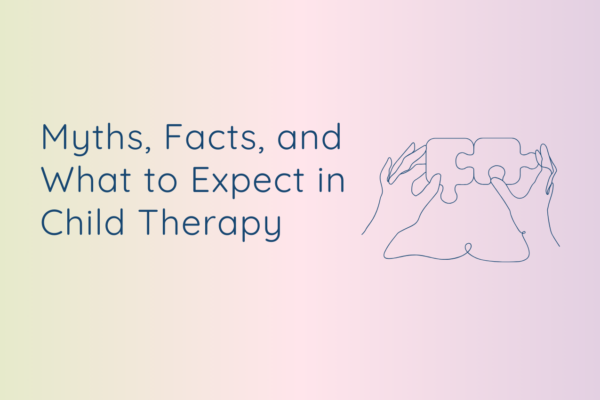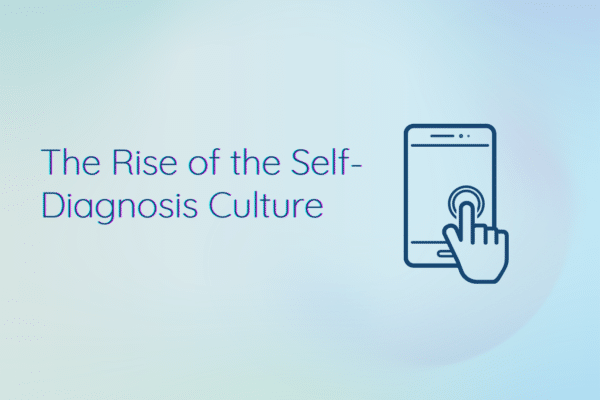Therapy Sketches
Reflections from the members of our clinical team on connections and insights made in psychotherapy about the lives we live and how it impacts our mental health.
Older sketches
Struggling with the Same old Patterns? Change is possible.
December 2025
Personality disorders often show up in someone’s life not as sudden problems, but as patterns they’ve carried for as long as they can remember, in terms of the ways they feel, react, or relate that feel almost built-in. Some individuals move through the world with a […]
Intense emotions, intense connections, and everything in between
November 2025
Have you ever thought that someone around you might be narcissistic, borderline, or antisocial? Furthermore, have you encountered any social media content that mentions how these traits are? You might say, yes, because these terms have become very popular on social media lately. Besides the real meaning […]
When the world feels distant, unusual, and hard to read
November 2025
We all have moments when we feel awkward, withdraw, become cautious, or misinterpret things. We can also notice others acting a bit unusual, distant, or occasionally overly suspicious in ways that don’t quite fit the situation, time to time. But for some people, this is […]
Are we defining personality or just trying to categorize it?
November 2025
On social media or in daily conversations, we often hear sentences like “They’re a narcissist”, “My friend might be borderline”. Nowadays, personality disorders mean much more than the technical terms in thick diagnostic books like DSM-5 or ICD-10; they have become a kind of stereotype […]
Can Workplace Culture Shape How You Feel at Work?
October 2025
When we think of our jobs, we tend to think of the same things: the meetings, the tasks, the never-ending deadlines… Yet behind those routines, each workplace tells a completely different story. You might realize this when you sit and chat with a group of friends. […]
Is my job part of who I am?
October 2025
Have you ever thought, “Who am I?” and the answer starts with a sentence like “I am a therapist”, “I am a teacher”, “I am a manager”? For most of us, work is not just something we do; it is a way of understanding who we are. […]
What if there’s no ‘normal’ way to work?
October 2025
While you’re working, you might notice that one colleague prefers listening to music, podcasts, or background noise to help focus on their tasks. On the other hand, you might see another colleague who needs silence to think clearly. You may also encounter that one friend who enjoys […]
How Can a Trauma-Informed Approach Shape Leadership and the Workplace?
October 2025
When we think of trauma, most of us think of significant events. It can be an accident, a disaster, or a major social event that stays with us for years. But trauma is centered around how we feel at that specific moment. The American Psychological […]
Why are we having a hard time taking care of ourselves at work?
October 2025
Taking care of yourself is a common phrase that we all use. Sometimes a friend says it to us, and sometimes we are the ones saying it. But does the wish in this phrase just remain empty words, or do we really […]
How do you protect your boundaries between your personal life and work?
September 2025
Nowadays, workplaces are not limited to offices and certain work hours anymore. Remote work, hybrid setups, flexible working hours, and endless emails and calls have made us constantly reachable. The pandemic sped up a shift that was already happening, and now we are […]
Why Do I Feel So Drained All the Time?
September 2025
You wake up to the alarm sound on your phone. You do not remember how many times you pressed the snooze button before, but this is the last call. You feel tired even before you open your eyes. You think to yourself, “I wish I were […]
From Screening to Healing: A Comprehensive Clinical Approach to Substance Use Disorders
September 2025
Substance use continues to be a widespread public health problem that significantly negatively affects both physical and mental health in almost all societies. Briefly defined as the repeated consumption of psychoactive substances such as alcohol, cannabis, opioids, and stimulants, substance use ranges from […]












